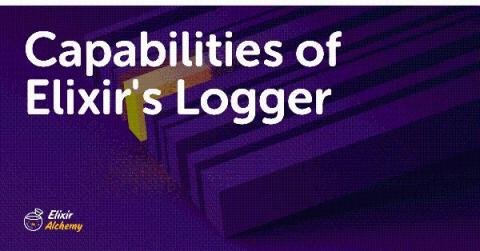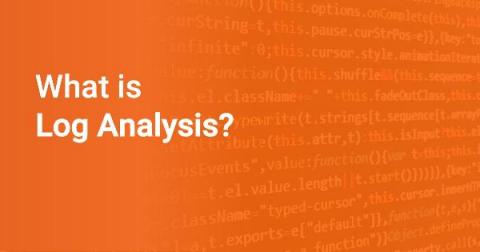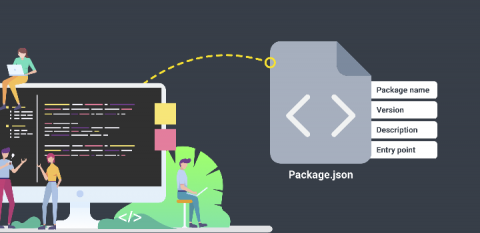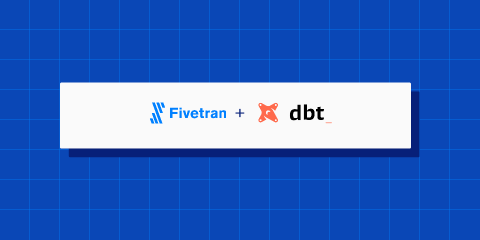Systems | Development | Analytics | API | Testing
Logging
Capabilities of Elixir's Logger
Logs are an important part of your application and logging shouldn’t be one of the last things you think of. You should configure your log system, formatter, and style as soon as you start the development of your app. Also, do your best to document the process and share how it works with the rest of your team. In this article, we’re going to demonstrate how logs work in Elixir. We’ll jump into Elixir’s Logger module, which brings a lot of power to logging features.
How Long Should You Hang Onto Your Data?
One of the most common questions that businesses operating under GDPR, LGPD or other similar data regulations have is how long should you keep data? As answers to this question typically seem to vary widely to clear up confusion, we’ve gathered insights from business leaders & specialists across a variety of industries to try and answer this question and shed light on what are reasonable timeframes to keep hold of data, whether that may be financial, employee or other potentially sensitive data.
Updates from Bugfender Q3, 2020
This quarter we’ve been working on many improvements that will make your life easier when catching those sneaky bugs, and expand Bugfender’s capabilities with some of the most requested features: We hope you find all these updates useful!
Log Analysis: What Is It and How Does It Work?
If you work in Information Technology, you have doubtless encountered logs- in fact depending on your area of expertise, you may be inundated with them on a daily basis. Nearly every piece of digital technology produces some kind of log, from complex web applications to the drivers that power your mouse and keyboard. As such, the definition of what a “log” actually is, is necessarily loose; any output received from a piece of software could be considered a log.
React Native Debugging
In this article, we explain how you can remotely debug and troubleshoot production errors in your React Native App. For this, we will use the Bugfender free integration to enable a real-time log and be able to follow what users are doing with your App.
Angular Logging
Here we try to explain how to solve any bug or error that your App created with Angular may have and that may be affecting your users without them or yourself knowing it. For this we will use a remote debugger and logging for Angular using the Bugfender library.
ELK - Not Just For The Nice Visitors
Most of the applications we see for the ELK stack are from businesses which want to improve their customers' experience. To return relevant search results and to create Kibana dashboards that allow them to analyse data and give the customers what they want. But there are some cases where the customer is always wrong, and where the last thing you want to do is give a site visitor what he wants. Welcome to the world of forensics, compliance and fraud detection.
Announcing the Fivetran dbt Package for Our Log Connector
Fivetran offers increased transparency and understanding of all data pipeline actions.
Python Debugging: More Than Just A (Print) Statement
As most developers will agree, writing code is oftentimes, if not always, easier than debugging. As a simple definition, debugging is the process of understanding what is going on in your code. When speaking in terms of Python, it is a relatively simple process. Every developer has their own personal debugging method or tool they swear by. When it comes to Python, most developers use one (or more) of the following: print statements, traditional logging, a pdb debugger, or an IDE debugger.










